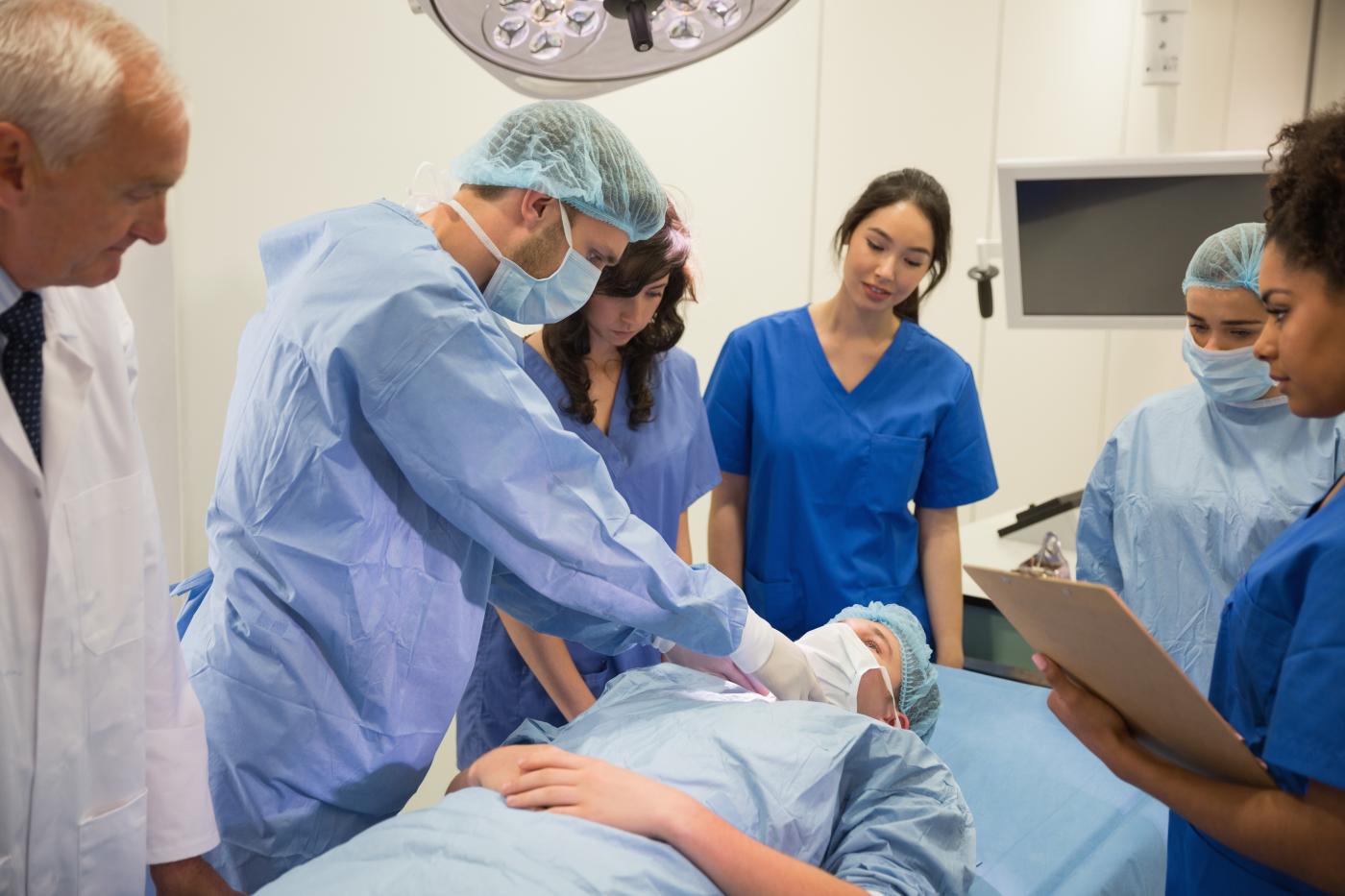Total compensation: 300 euros
Medical interns finally receive allowance, but not at university medical centres

At the end of March, the unions for medical personnel and the Dutch Association of Hospitals agreed on a new collective labour agreement. This agreement significantly improves the compensation for medical interns and other university trainees: on top of their monthly expense allowance of 150 euros, they now also receive an internship allowance of 150 euros.
The news was received with joy by the 15,000 members of the interest group De Geneeskundestudent (The Medical Student). Interns have been fighting for better compensation for over half a century. In addition to their mandatory internships, which last two years, they have little to no time for a part-time job.
When the basic student grant was abolished in 2015, the interns increased the pressure. Then education minister Jet Bussemaker (PvdA) thought their demand was unjustified as medical students would earn enough later to be able to repay their student debt. Moreover, the minister argued that internships were not real work placements for which one should receive compensation, but rather training placements.
Change
But not everyone agreed with that. In 2019, the university medical centres (UMCs) finally changed. Interns were given an expense allowance of around 100 euros per month, and general (also known as peripheral) hospitals followed suit in 2020.
It remains to be seen whether UMCs will also be willing to pay their interns an internship allowance. In January, it emerged that they did not adhere to collective labour agreements on internship allowances.
Precedent
Berk Uzunalioglu, chair of Medical Student, remains optimistic. ‘In every collective labour agreement negotiation, we push for a market-based internship allowance. Interns should also ultimately receive an allowance that is in line with what other healthcare interns, such as nurses, receive.’
The fact that interns in general hospitals now receive an internship allowance sets an important precedent, he says. ‘It shows that there are possibilities for fair compensation, which strengthens our position in all future collective labour agreement negotiations, including at university medical centres.’